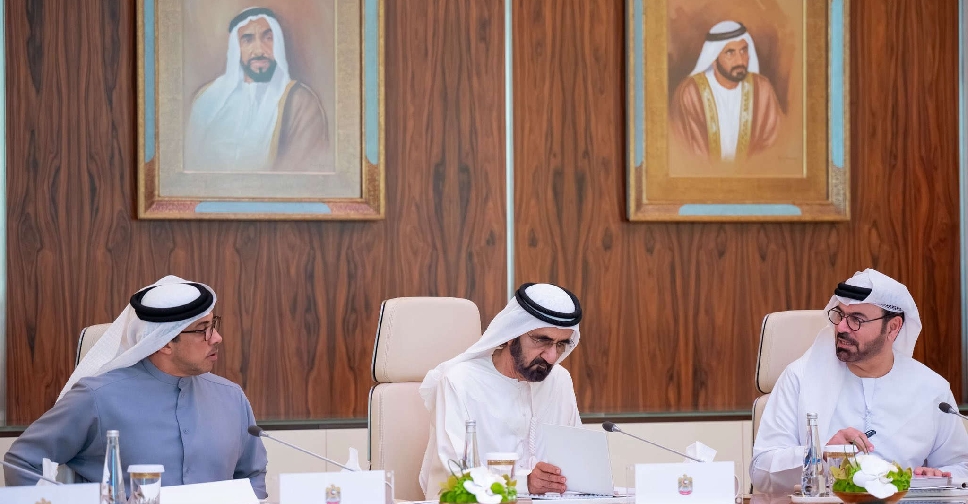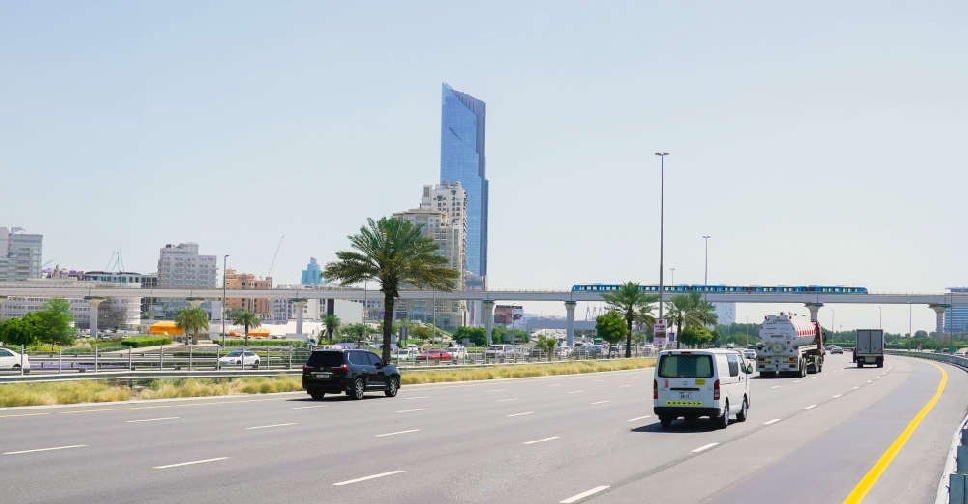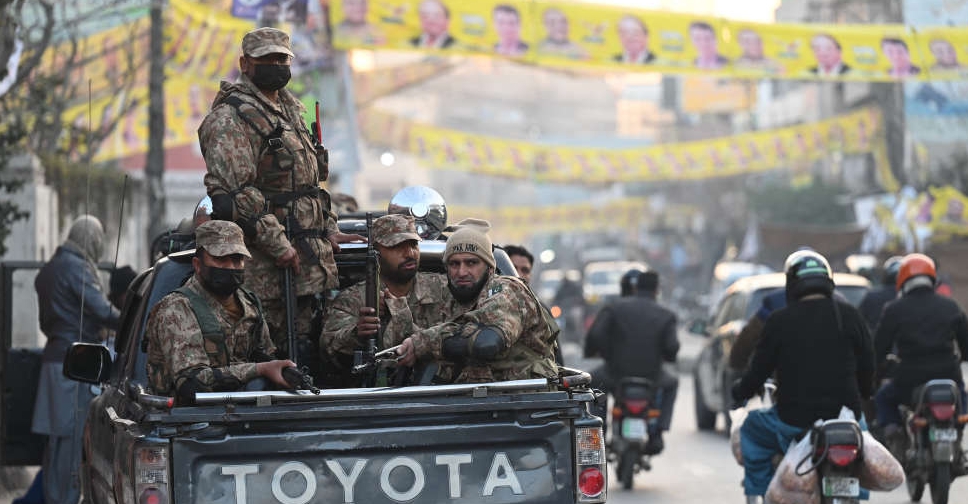
At least nine people were killed in militant attacks in Pakistan on Thursday as the country voted in a general election after suspending mobile phone services and closing some land borders to maintain law and order.
The interior ministry said it took the security steps after at least 26 people were killed in two explosions near electoral candidates' offices in the southwestern province of Balochistan on Wednesday. IS later claimed responsibility for those attacks.
"As a result of the recent incidents of terrorism in the country precious lives have been lost, security measures are essential to maintain the law and order situation and deal with possible threats," the ministry said in a post on messaging platform X.
Thousands of troops were deployed on the streets and at polling stations across the country as voting commenced and borders with Iran and Afghanistan were temporarily closed.
Despite the heightened security, five policemen were killed in a bomb blast and firing on a patrol in the Kulachi area of Dera Ismail Khan district in the northwest, authorities said. Another person died in firing on a security forces vehicle in Tank, about 40 km to the north.
In Balochistan, a soldier from a civilian force was killed and 10 others injured in over a dozen blasts caused by grenades or improvised explosive devices, officials said, while two chidren died in a blast outside a women's polling station.
Mohsin Dawar, a candidate from North Waziristan - a hotbed of insurgents in northwest Pakistan - said in a letter to the Election Commission of Pakistan (ECP), that some polling stations in his constituency were taken over by local "Taliban" who were threatening polling staff and locals.
There was no immediate confirmation from the election commission or security forces.

In spite of the security worries and bitter winter cold, long queues began forming at polling stations hours before voting was due to start.
Besides the militancy, the election is also being held as Pakistan remains mired in a deep economic crisis and a highly polarised political environment. Many analysts believe no clear winner may emerge.
Unofficial first results are expected a few hours after voting closes at 5:00 pm (1200 GMT) and a clearer picture is likely to emerge early on Friday.
REMOVE PASSWORDS
The move to suspend mobile networks sparked criticism from leaders of opposition parties, with the Pakistan Peoples Party's Bilawal Bhutto Zardari, the 35-year-old son of former premier Benazir Bhutto, calling for its "immediate restoration".
Chief Election Commissioner Sikandar Sultan Raja said the decision on mobile networks was made by "law and order agencies" following Wednesday's violence and the commission would not interfere in the matter.
Jailed former Prime Minister Imran Khan's Pakistan Tehreek-e-Insaf (PTI) party, in a post on X, called on people to remove passwords from their personal Wifi accounts "so anyone in the vicinity can have access to internet on this extremely important day".
Some voters also expressed anger at the suspension of mobile services. ECP officials said they received several complaints from people who were unable to find their polling stations because of the internet shutdown.
The network suspension also follows Imran Khan's call to his supporters, who had clashed with security forces while protesting his arrest last year, to wait outside polling booths until results are announced.
Former prime minister Nawaz Sharif, considered by many analysts to be the front-runner, dismissed talk of an unclear result and emphasised the need for a "clear majority".
"Don't talk about a coalition government. It is very important for a government to get a clear majority...it should not be relying on others," he told reporters after casting his vote in the eastern city of Lahore.
The main contests are expected to be between candidates backed by Khan, whose party won the last national election, and the Pakistan Muslim League of Sharif, who analysts say is being backed by the powerful military.
The military has dominated the nuclear-armed country either directly or indirectly in its 76 years of independence but for several years it has maintained it does not interfere in politics.
If the election does not result in a clear majority for anyone, as analysts are predicting, tackling multiple challenges will be tricky - foremost being seeking a new bailout programme from the International Monetary Fund (IMF) after the current arrangement expires in March.


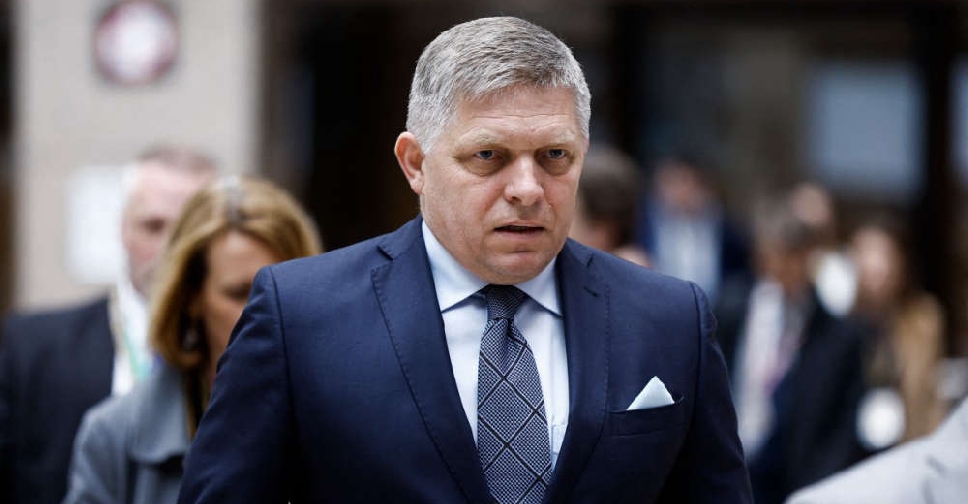 Slovak Prime Minister seriously wounded in shooting
Slovak Prime Minister seriously wounded in shooting
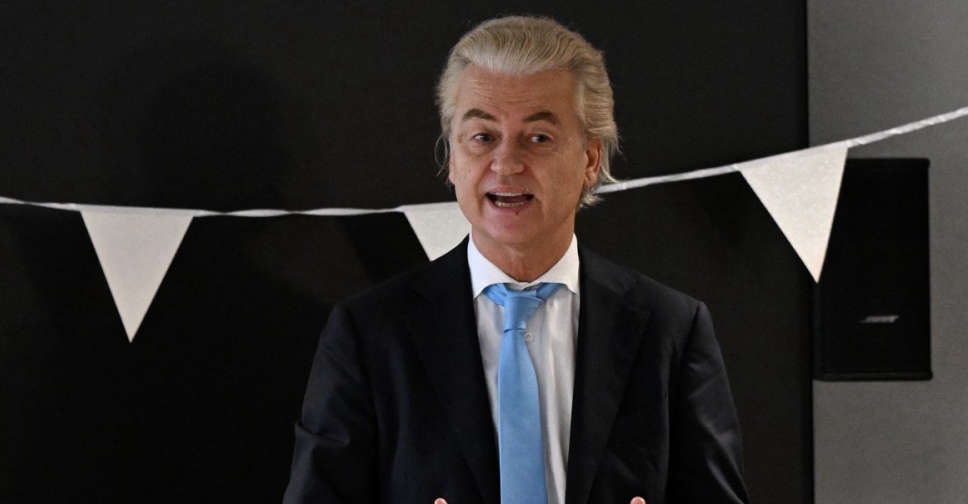 Netherlands set for right-wing government after Wilders strikes deal
Netherlands set for right-wing government after Wilders strikes deal
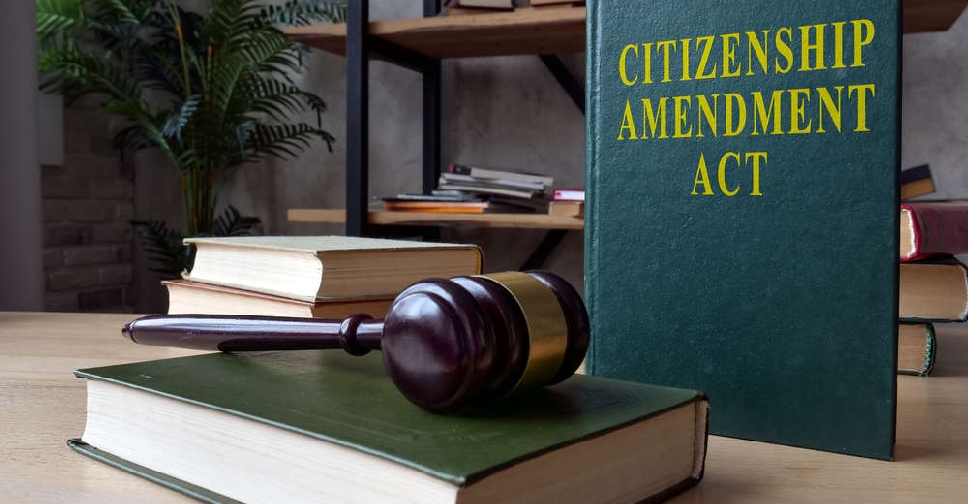 India grants citizenship to first batch of refugees under controversial law
India grants citizenship to first batch of refugees under controversial law
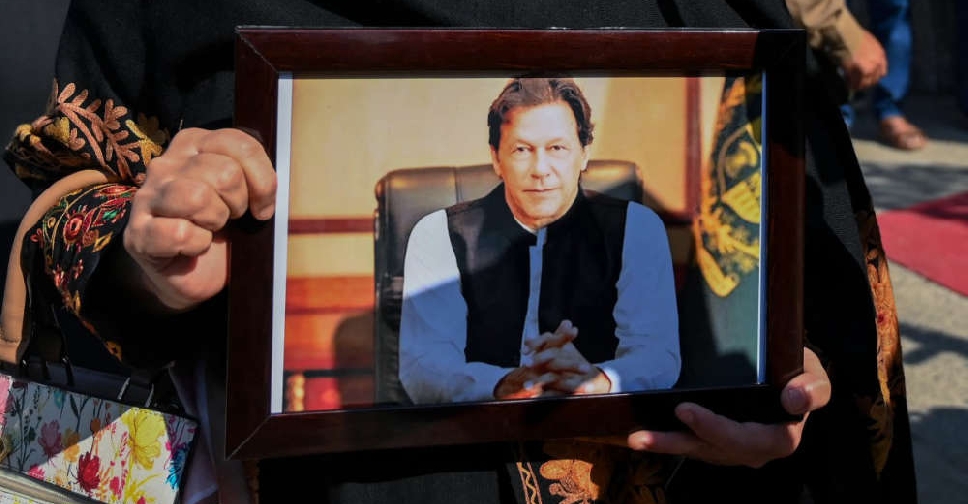 Ex-Pakistan PM Imran Khan gets bail but can't leave jail
Ex-Pakistan PM Imran Khan gets bail but can't leave jail
 French police searching for gangster after deadly van escape
French police searching for gangster after deadly van escape
